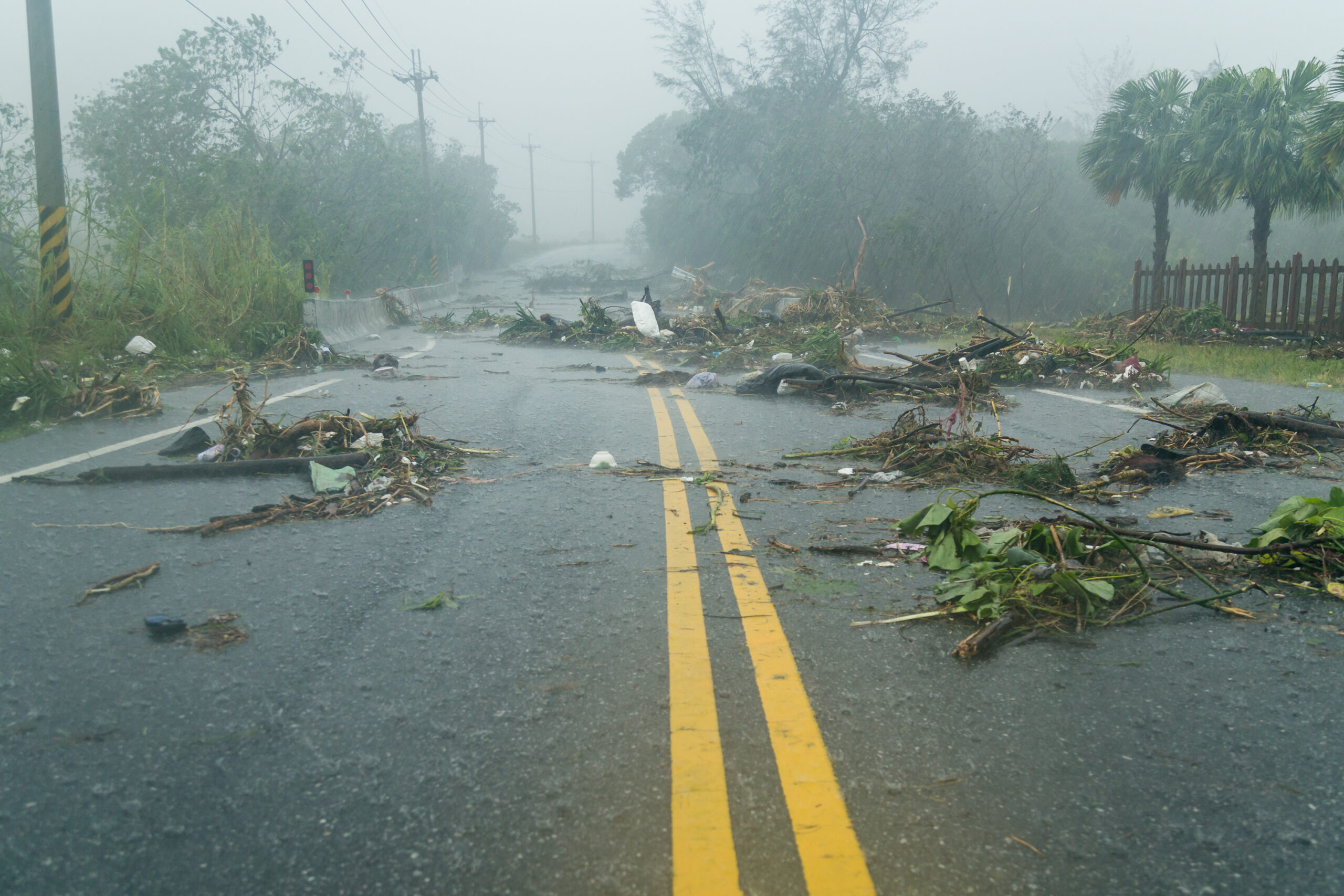2019 was the second warmest year ever recorded on our planet. Rising temperatures don’t just mean hotter summers, but rising sea levels, dust storms, flooding, wildfires, and more extreme weather events. These extreme weather events, which are happening more often and seem stronger than ever before, are correlated with climate change, the changing global climate patterns attributable to human-caused increases in levels of atmospheric carbon through the use of fossil fuels.
The increased frequency and intensity of extreme weather events pose a threat to not only the health of the 7.8 billion people on our planet, but the healthcare systems they depend on to help them when they need it the most. Extreme weather events already pose a threat to healthcare systems, such as heat waves, wildfires, floods, or hurricanes and tropical storms such as the several we witnessed hitting Louisiana back-to-back in 2020.
Added Strain on Healthcare Systems
At Healthcare Ready, we work to prepare and strengthen healthcare supply chains before disasters hit. Healthcare systems, already vulnerable to such events, are not adequately prepared for the challenges increased extreme weather events pose.
Extreme weather events collapse what are many times already-fragile healthcare systems. Take the too-familiar example of COVID-19. The pandemic has strained healthcare systems and services to near collapse, and in some cases utter failure. Pair the pandemic with the volatile hurricane season of 2020, with second-highest number of hurricanes on record, and the stress on the healthcare system is insurmountable.
In the aftermath of 2017’s Hurricane Maria in Puerto Rico, nearly 2,000 people died from failures of the system to adequately respond, rather than just the direct impact of the storm. Once again, the most vulnerable groups, communities of color and low-income neighborhoods are feeling the disproportionate impacts of a healthcare system stretched thin.
The cost of inaction is exceedingly high. Healthcare systems need to be adaptable and cognizant of the most at-risk populations, such as those without insurance, or low-income communities whose challenges are only compounded by climate change.
Climate change will only accentuate existing racial and class health disparities in public health. Nearly 15 years after Hurricane Katrina, Black and Brown residents in New Orleans continue to feel the disproportionate effects as displacement, pollution, and flooding continue to plague their neighborhoods.
How can the health system help combat climate change?
First, building resiliency, or preparing the tools necessary to mitigate disasters before they happen, is essential to effective disaster preparedness. Healthcare Ready fits into this part of the equation, as it works to strengthen the healthcare supply chain before, during and after disasters.
Second, the healthcare sector can work toward creating a sustainable system, which focuses on disease prevention and improving equity and access to healthcare services.
Third, the healthcare system itself can work to combat climate change. The World Bank reported in 2013, healthcare-related carbon emissions were approximately 9.8 percent of total national emissions. A handful of health systems have cut carbon emissions and have increased risk and disaster preparedness efforts.
As climate change continues to alter our ways of living, healthcare systems must adapt and overcome challenges posed by our warming planet. Whether it is building resilience, preparing for extreme weather events, working to combat the disproportionate health impacts on low-income communities and communities of color, it is crucial to protect the healthcare systems that play an integral role in protecting the health and well-being of our communities.
Sources:
- https://www.theatlantic.com/politics/archive/2018/12/lancet-study-says-global-warming-threatens-public health/577477/?gclid=EAIaIQobChMIgpit5fOi6wIVhgiICR3_qQq8EAMYASAAEgLZ2_D_BwE
- https://www.bmj.com/content/366/bmj.l5302
- https://www.commonwealthfund.org/blog/2018/be-high-performing-us-health-system-will-need-adapt-climate-change
- https://www.theatlantic.com/politics/archive/2018/08/climate-change-global-climate-action-summit/568069/
- https://www.thelancet.com/journals/lancet/article/PIIS0140-6736(19)32596-6/fulltext
- http://documents1.worldbank.org/curated/en/322251495434571418/pdf/113572-WP-PUBLIC-FINAL-WBG-Climate-smart-Healthcare-002.pdf
- https://www.noaa.gov/news/2019-was-2nd-hottest-year-on-record-for-earth-say-noaa-nasa
- https://www.weathernationtv.com/news/new-report-hurricane-maria-caused-nearly-3000-deaths-in-puerto-rico/
- https://www.noaa.gov/media-release/record-breaking-atlantic-hurricane-season-draws-to-end






